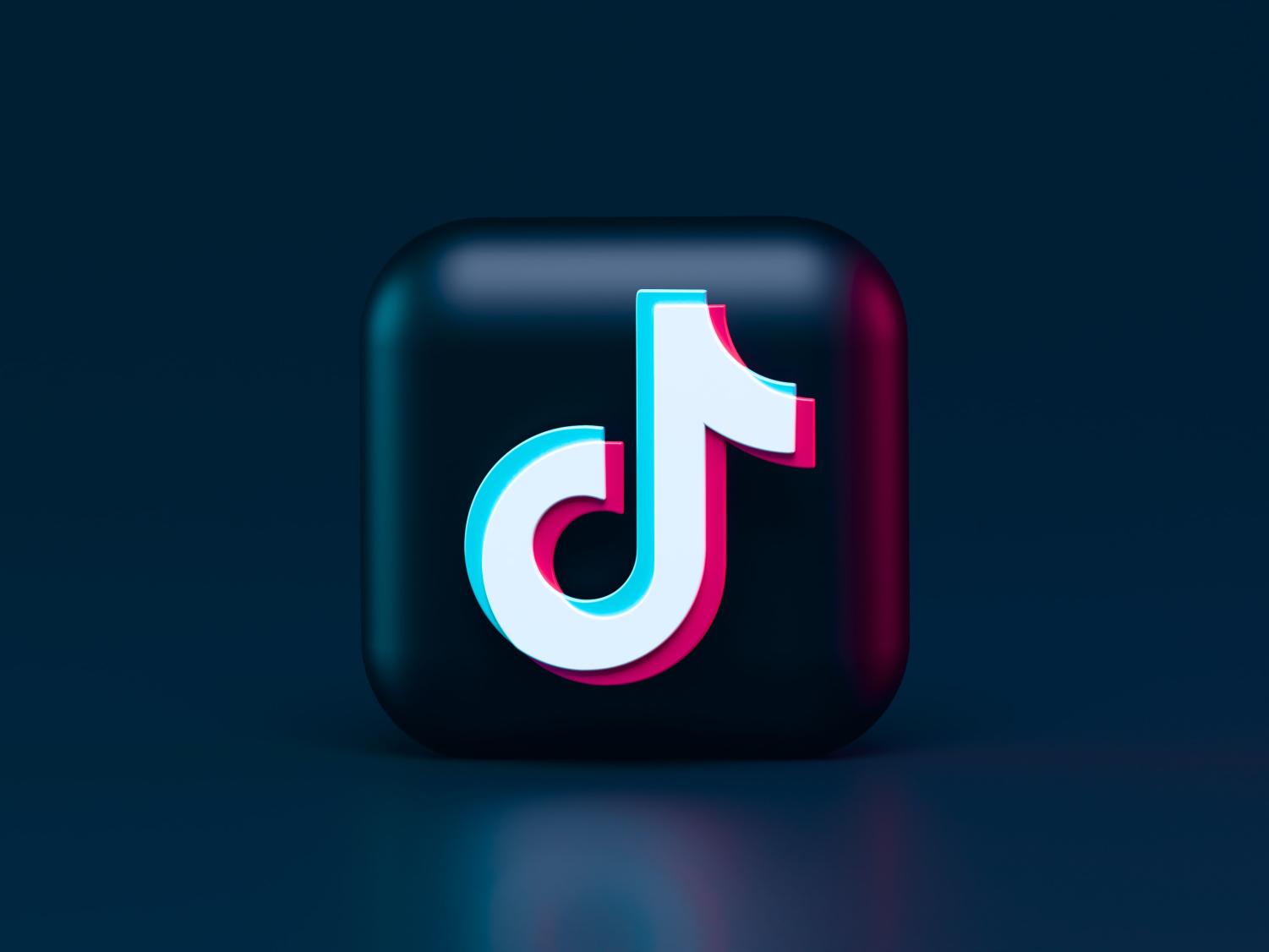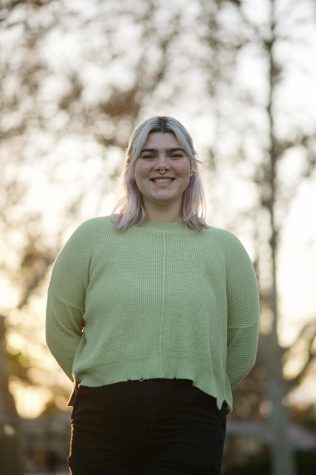TikTok is a social media platform where people from across the world share and view short form videos for entertainment, education, politics and business. After the global pandemic, the app has increased in popularity. In light of the worldwide increase of depression and anxiety, however, it is clear that using this app negatively impacts the mental health of young adults.
THE INFLUENCE OF TIK TOK
With over 850 million downloads during the global pandemic, the amount of TikTok users has skyrocketed. Researchers noticed a gravitational pull toward social media with 70% of their respondents reporting an increase of screen time on these apps since the first wave of the pandemic. In the past year, college students specifically have doubled their time on social media. Statistics show that most TikTok users on average spend 95 minutes a day on the app, and 83% of users have posted a video.
TikTok allows users to post, share and view any content that is available on the platform. Users do have the option to follow accounts and solely view that content. However, the main feed, or “for you page,” displays unfollowed content where almost any video on the platform has access to be viewed at random. After opening the app, each video’s tone, context and information changes drastically with every scroll. A specific algorithm curates content catering to one’s specific interest, strategically capturing the individual’s attention.
MENTAL HEALTH
According to the National Institute of Mental Health, one in five adults struggle with mental illness in the United States. Alongside the expansion of smartphones bought over the years, there has been an increase of mental illness.
The cognitive dangers of this social media platform include comparison, distortion of self-image and an unhealthy rollercoaster of emotions. One video could make the viewer laugh, the next could make them cry, another could teach them how to cook. The viewers consume this mixture of content within minutes of scrolling through the app, experiencing a significant change of emotions in a matter of seconds.
Healthline says, “There has never been more access to information than there has been right now, including access to apps like TikTok and the content shared on its platform.” The massive amount of information on this app can overwhelm many young people, especially if the content that inundates their feed causes stress or pain.
STRESS RELIEF
Surprisingly, some young adults claim to use TikTok as a resource to reduce stress. Since the global pandemic, mental health topics have been circling around the app. Many young people draw information from the content that mental health professionals are creating on the app. For example, Dr. Nicole LePera, under the username @theholisticpsychologist, uses the platform to promote her services by posting video examples of mental health related experiences.
From this trend, other content creators are sharing their experiences and advice. This sparks the question of whether that information is reliable, or necessarily applicable to such a wide audience. Healthline quotes expert Torres-Mackie saying, “A major downside is that information on TikTok can be false, misleading, or confusing.”
With the rise of social media after the global pandemic, and the recent popularity of TikTok, young people in the United States have experienced an overload of information and content. Reducing screen time on this app encourages users to engage more with their outside environment and be more productive. If young adults decrease their TikTok usage, they could improve their mental health significantly.












